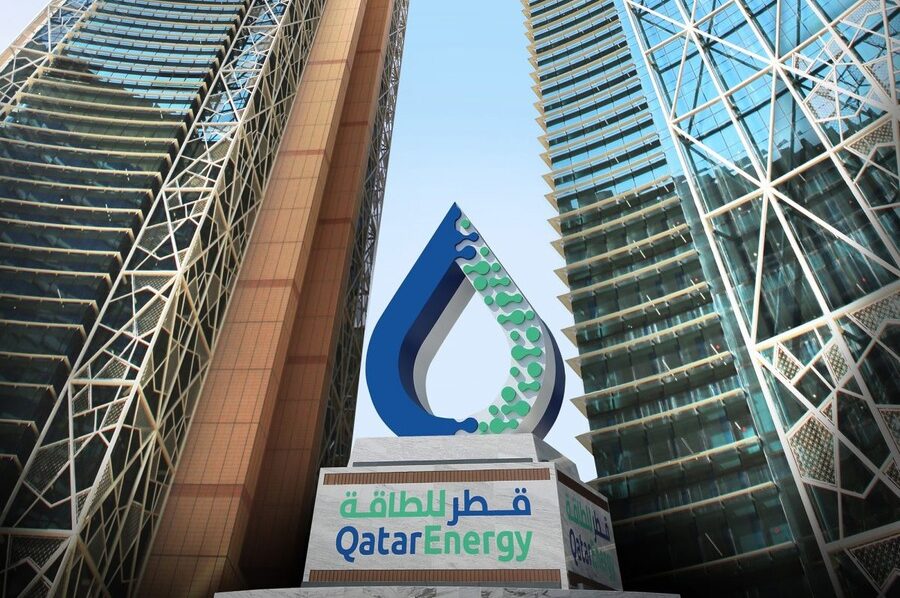The Lebanese energy ministry announced that QatarEnergy will join TotalEnergies and Eni in exploring oil and gas in Lebanon.
According to the statement, agreements would be signed on Sunday.
“This will be a significant positive development,” Lebanon’s energy minister Walid Fayad told Reuters, adding that exploration activities could begin as early as November.
Read more: Lebanon, Syria, and Egypt sign “conditional” agreement to supply natural gas
Following months of negotiations, QatarEnergy is set to take a 30% stake, leaving France’s TotalEnergies and Italy’s Eni with 35% each.
TotalEnergies, Eni, and Russia’s Novatek won bids to explore the offshore 4 and 9 blocks in Lebanon’s first licensing round in 2017.
Novatek withdrew in September 2022, leaving the Lebanese government with a 20% stake.
Over the last decade, major gas discoveries have been made offshore in the eastern Mediterranean and the Levant. Since Russia’s invasion of Ukraine disrupted gas supplies, interest in them has grown.
Since it began in 2019, the Lebanese economic crisis has been characterized by fuel and electricity shortages. Lebanon’s ability to secure its own natural gas supply could aid in alleviating people’s suffering.
Nonetheless, it will take years for Lebanon to begin pumping gas. Corruption and governance issues may also wreak havoc on energy exploration efforts.
QatarEnergy’s participation in the consortium demonstrates Qatar’s ongoing commitment to assisting Lebanon. Qatar provided the Lebanese army with $60 million last year. The army is perpetually short on funds.
Moreover, Qatari officials have repeatedly stated their commitment to oil and gas as the world moves toward renewable energy. Qatari Foreign Minister Sheikh Mohammed bin Abdulrahman Al Thani said earlier this month at the World Economic Forum (Davos) that developing countries must be able to “develop their own resources” and criticized the “unattainable goals” of the energy transition.
For more energy stories, click here




